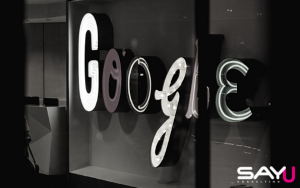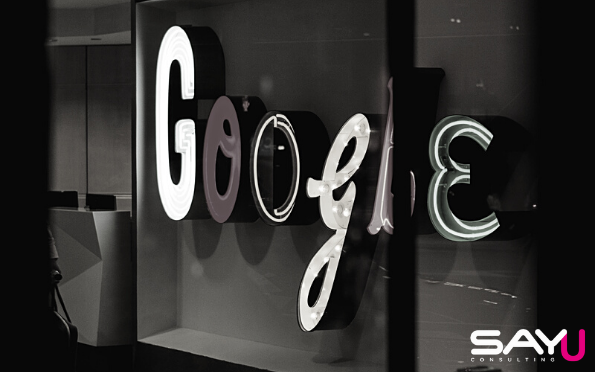Sustainability

Industrial economies have been at the center of some controversy in recent years and sustainability has become a decisive issue for everyone. sectors of activity.
Unfortunately, the news is not positive when we learn that in 2018 the global use of the planet's resources was 1.7 times greater than what was available. More population means more consumption and corporate changes are sounding the alarm bells about this worrying trend: waste in all sectors of the world economy.
Sustainability: The concept of circular economy
The circular economy is a topic that has been making headlines. But what does this economy, which promises to reuse resources in a sustainable way, actually consist of?
This methodology is based on a system where there is no such thing as waste. In other words, everything is reused. Through many years of research and investigation, it was possible to create a correlation between nature and the economy of modern societies and propose this model.
The metaphor of a tree is the best way to explain this concept: a tree grows from the energy of the sun and the nutrients in the ground. Eventually, the tree gives up and falls, and the microorganisms in the soil (enzymes, bacteria, etc.) begin the process of decomposing the tree, which will serve as food for various species of life in the forest. Based on nature, this is the proposed formula: to circulate resources.
Take-make-waste: a dated philosophy
Just as in nature everything can be used, this methodology aims to transpose this equation to the economies of our modern societies. Reusing, reusing and rebirthing resources seems like a viable proposition.
We live in an economic culture of intense consumerism where the philosophy of take-make-waste is a fairly normal part of our daily lives.
We buy, use and throw away. And this happens from the simplest object to the most complex and on a global scale. According to Global Warmimg of 1.5ºC societies only have 12 years to reshape their economies in response to the scarcity of non-renewable resources that we are witnessing.
This reality was once more distant and it is estimated that the Circular Economy could generate profits of approximately 4.5 trillion dollars by 2030.
Google's example
Google has already put the methodology of a circular economy into practice by deciding to respect three fundamental principles: design out waste, keep products and materials in use and make a transition to renewable energies soon.
Global warming is one of the challenges that societies will have to face in a short space of time. The challenge of sustainable economies and "green" methodologies, such as the circular economy, have led to a change in direction towards greater preservation of the planet's resources.
Improving the quality of life in cities and for people and reducing our extreme dependence on raw materials and fossil fuels are some of the objectives to be achieved. And communicating all these changes is the challenge. But a challenge with the promise of a more sustainable and greener future.

